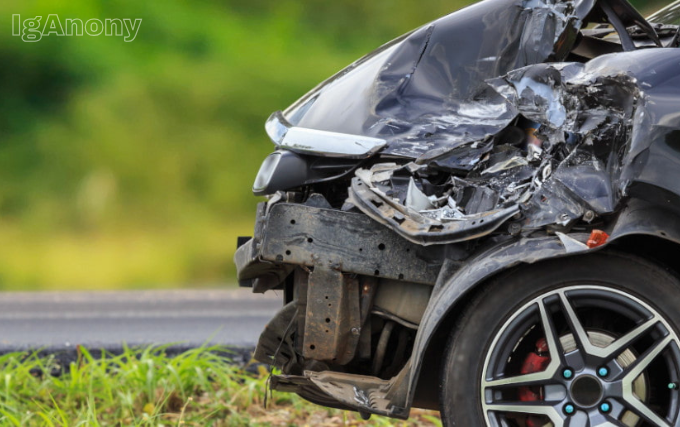Being a passenger in a car accident can be a terrifying and potentially lifesaving ordeal and it’s only natural for passengers to seek compensation if they feel it’s owed to them. You might assume it would be a more straightforward process, given that the passenger is very rarely at fault, however, there are still certain legal wrinkles you might need to consider.
Most important of all is knowing your right and how to enforce them. Because if you take the right steps in the right way, the financial and mental stress could be eased significantly.
Understanding Your Rights as a Passenger
As a passenger, you are owed a duty of care by all drivers: the one you’re travelling with and any other road users. If you’re injured, you can claim compensation regardless of who was at fault, even if the driver is a friend or family member. Your car accident passenger claim may cover:
- Personal injuries: physical harm, pain and suffering.
- Financial losses: lost earnings, travel costs, rehabilitation expenses.
- Psychological impact: anxiety, PTSD.
You do not need to prove the driver deliberately hurt you, only that negligence (speeding, boarding a poorly maintained vehicle) caused your injury.
Who Is Responsible for the Accident and How Liability Works
Liability in road traffic accidents hinges on negligence. If the driver you’re in was careless (running a red light, tailgating, or driving under the influence) their motor insurer must compensate you. If another road user caused the crash (for example, a third-party driver or a pedestrian), you claim against their insurer.
For passengers, understanding how liability works is crucial, as it forms the basis for passenger claims in a car accident. Your solicitor will gather evidence (police reports, witness statements, and vehicle damage assessments) to establish which party breached the duty of care.
How to Make a Passenger Claim After an Accident
Initiating a claim is straightforward if you follow these steps:
- Seek medical treatment immediately. This creates an immediate medical record of your injuries.
- Collect evidence: photos of injuries and vehicle damage, police or ambulance reports, and witness contact details.
- Contact a specialist: firms experienced in passenger claims often operate on a “no win, no fee” basis, reducing your financial risk.
- Submit your claim: your solicitor drafts a letter of claim to the at-fault party’s insurer, outlining your losses and evidence.
- Negotiate settlement: insurers may offer an early settlement; your solicitor ensures any offer fairly reflects your current and future needs.
What to Do Immediately After a Car Accident as a Passenger
Your actions in the minutes and hours after a crash can make or break your claim:
- Stay safe: if you can move, check yourself for injuries before exiting the vehicle.
- Call emergency services (999) if anyone is hurt or there’s significant damage.
- Report to police at the scene or via 101 later. Obtaining a crime reference helps.
- Gather witness details and note reg plate, vehicle make/model, and driver information.
- Keep records of all medical appointments, expenses, and correspondence with insurers.
By taking these steps promptly, you preserve vital evidence and demonstrate a clear link between the accident and your injuries, laying the foundations for a smoother claims process.







